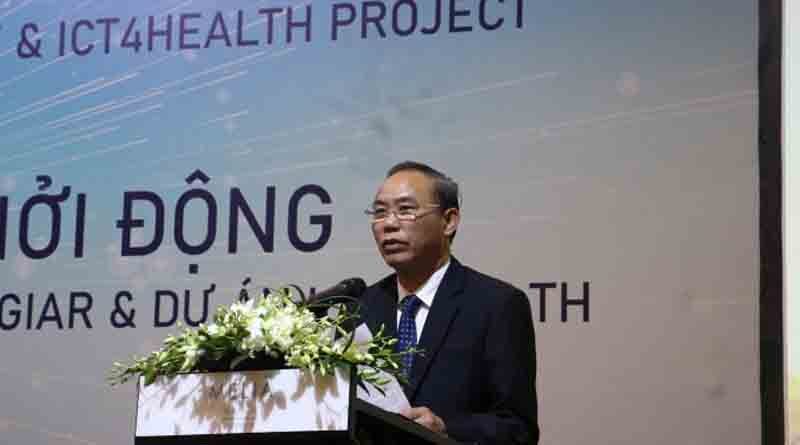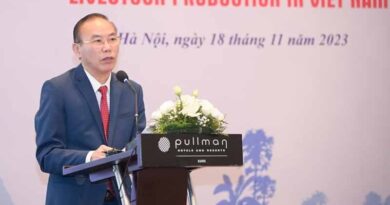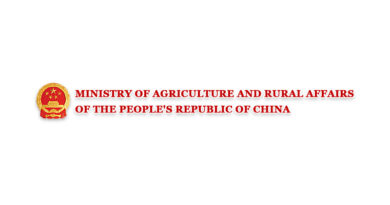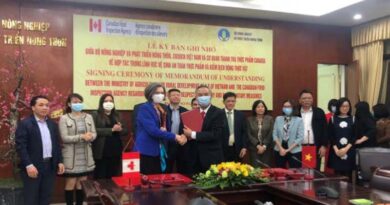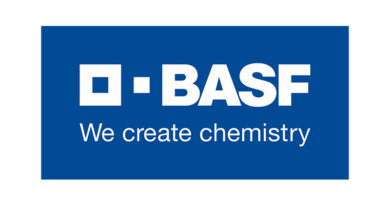Reducing zoonotic diseases thanks to ‘One Health’ approach
08 August 2022, Vietnam: Deputy Minister of Agriculture and Rural Development Phung Duc Tien highly appreciated the two new projects within the framework of the “One Health” approach.
Responsible for 60% of human communicable disease cases
On August 3, the workshop held by International Livestock Research Institute (ILRI) aims to introduce and kick off two new projects under the auspice of South Korea’s Ministry of Agriculture, Food and Rural Affairs. These projects are a part of the One Health (OH) research program developed by the Consortium of International Agricultural Research Centers (CGIAR).
Two projects namely “Protecting human health through a One Health approach”, and “Improving human health through sustainable value chains in human-animal-environmental interactions using information communication technology in Vietnam (ICT4Health) will be implemented in Vietnam by ILRI in collaboration with its partners.
Zoonoses cause not only serious damage to human health, livelihoods, and economies but are also predicted to occur more often in the future due to intensified livestock production and rapid urbanization. Notably, the livestock production systems are reservoirs of zoonotic pathogens, which are responsible for 60% of human communicable disease cases.
The consumption trend of wild animal products in Vietnam and several Asian countries could further spread viruses with potential pandemic outbreaks such as corona. As in some countries in the region, the livestock and aquaculture sectors have contributed to the antimicrobials due to the common overuse or misuse of antimicrobials.
Vietnam is regarded as a hotspot with a high risk of the emergence of zoonose agents. World Health Organization listed Vietnam as the group with the highest rate of antimicrobial in the world. According to World Bank, unsafe food costs around USD100 billion in lost productivity and medical expenses annually, mainly in developing countries including Vietnam.
An exit created by the “One health”
In the context of climate change and the rising danger of zoonoses, it is vital to identify methods to effectively prevent and manage zoonotic diseases, and antimicrobial resistance, improve food safety and protect human and animal health.
Dr. Jimmy Smith, Director General of ILRI underlined: “Addressing these challenges requires determination to overcome institutional barriers, fostering cross-sectoral cooperation, and providing stronger evidence of the importance and cost-effectiveness of adopting One Health principles into food system management, as the One Health initiative and the ICT4Health project will do.”
At the meeting, MARD Deputy Minister Phung Duc Tien said that the livestock industry in Vietnam has seen rapid growth. With the support of the One Health program, the deepen consideration of food safety, the growth rate and production of the livestock industry will increase, and the livestock industry and socioeconomic development will benefit more.
“One Health will not be perceived as a matter of food safety. Moreover, we can acknowledge that safe food will determine intellect, the height of the workforce, and competitiveness of the economy.”, the Deputy Minister said.
The Deputy Minister of Agriculture and Rural Development has determined that the two initiatives within the context of the “One Health” program would provide scientific evidence to policymakers and the community, consequently assisting policymakers in making policy decisions on disease prevention and control, antibiotic resistance, and food safety.
To guarantee the optimal implementation of the two projects, the Deputy Minister stated that the MARD would create favorable conditions in terms of personnel, coordination mechanism, and project documentation in order to carry out receiving operations in accordance with existing laws.
The two initiatives aim to use a One Health strategy in order to ensure cross-sectoral and multidisciplinary engagement in the combat against zoonotic disease risks. Both projects will assist in enhancing the monitoring, early detection, and emergency response capabilities of partner organizations, as well as suggestions for policymakers The two programs will improve human, animal, and environmental health by combining their efforts to accomplish the desired outcomes.
In addition to discussing the topics related to the two projects, experts at the workshop discussed experiences and practices of the One Health approach in the region and worldwide, as well as how to effectively integrate and implement efforts in Vietnam.

